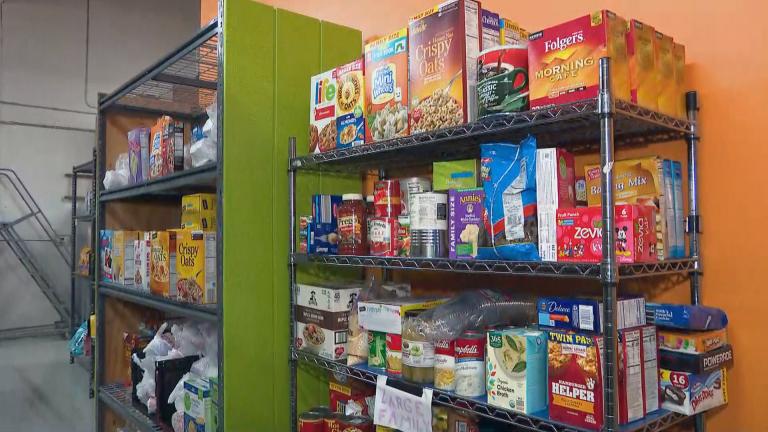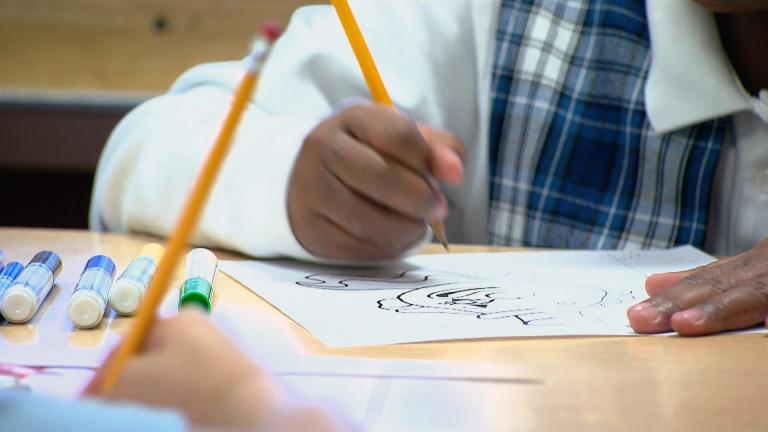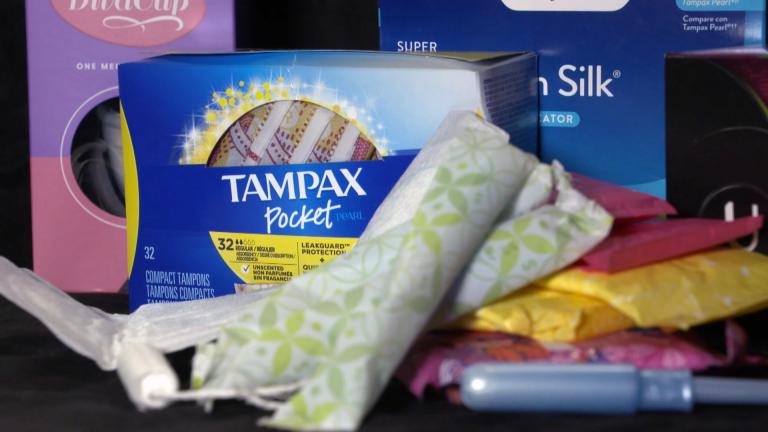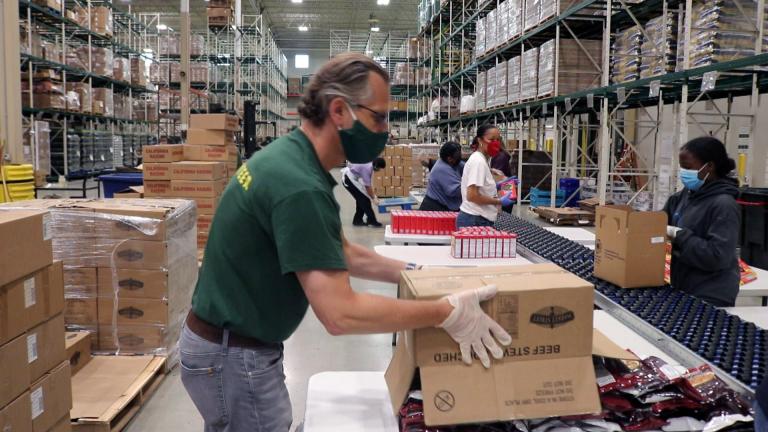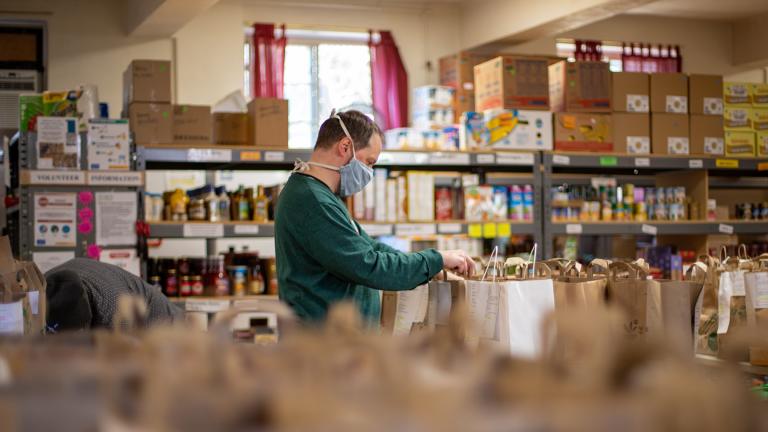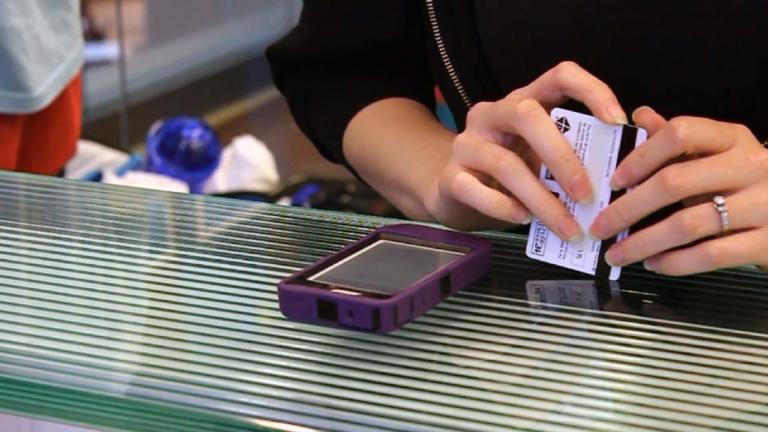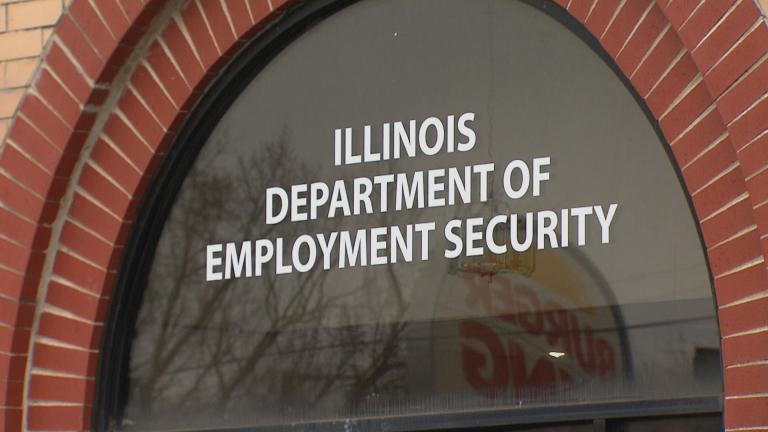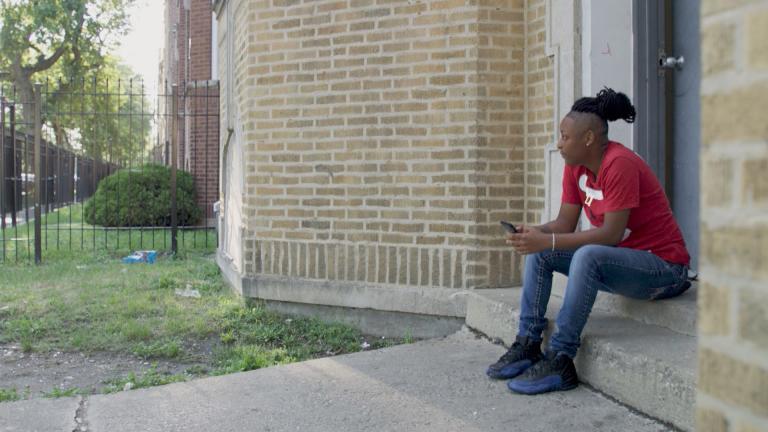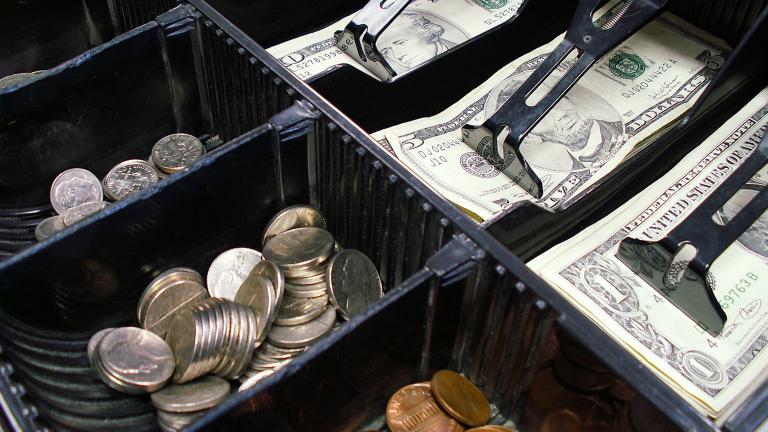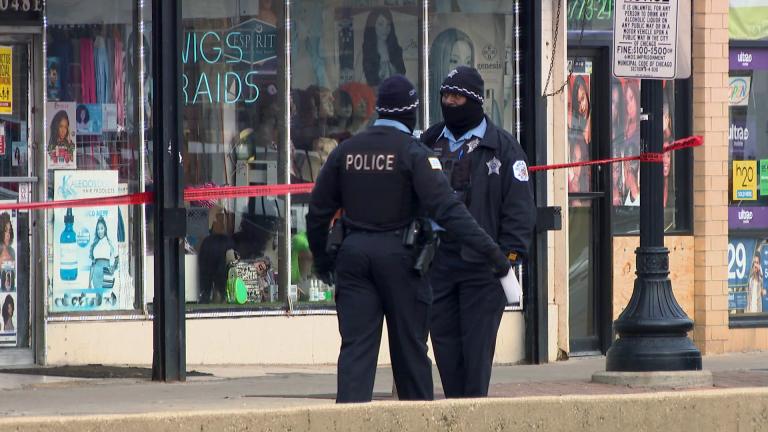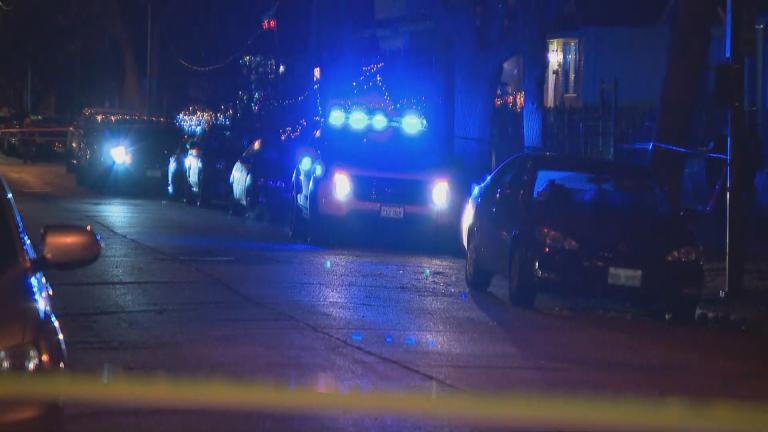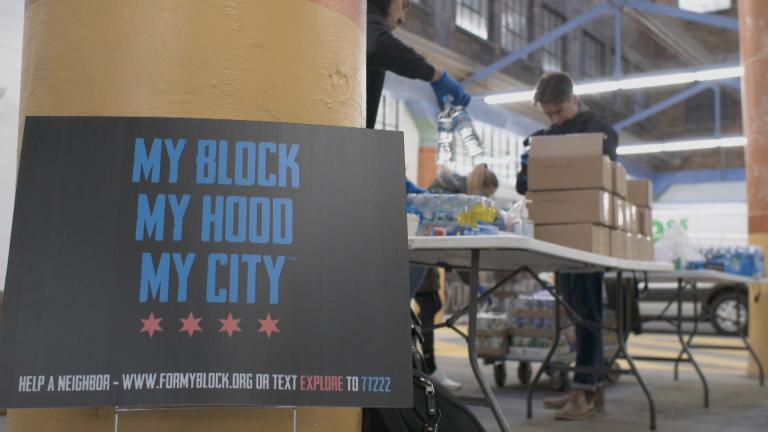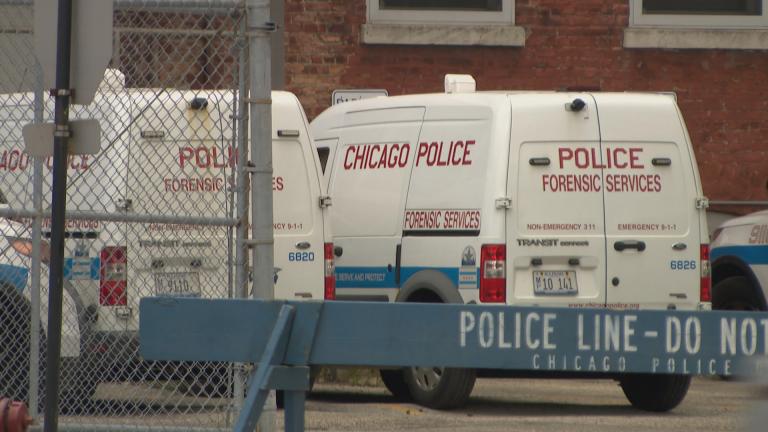As part of our “Firsthand: Living in Poverty” series, we hear about the current state of food insecurity in Chicago — and possible solutions to the problem.
Firsthand
Families living in poverty are more likely to be involved with the child welfare system, according to a recent brief from the University of Chicago. As part of our “Firsthand: Living in Poverty” series, we look at the barriers facing families that need financial assistance.
Community organizations and state lawmakers are working to make menstrual products more accessible to Illinoisans who need them. We take a look at the issue in our Firsthand: Living in Poverty series.
The Greater Chicago Food Depository, which supplies food pantries across the area, says in its more than 40-year history it has never seen a hunger crisis like the one caused by the COVID-19 pandemic. We discuss the issue as part of WTTW’s Firsthand initiative exploring poverty.
The U.S. poverty rate last month reached its highest point during the pandemic at 11.7%, according to researchers at the University of Chicago and the University of Notre Dame. We discuss the issue as part of WTTW’s Firsthand initiative exploring poverty.
Two bills in the Illinois General Assembly would expand eligibility for the earned income tax credit. As part of our Firsthand initiative exploring poverty in Chicago, we take a look at the credit, and what it could mean for low-income households.
The latest COVID-19 relief bill could come up for a vote in Congress as early as next week, but a key Democratic priority might be on the chopping block. We explore the potential impact of raising the minimum wage.
When Illinois required businesses to shut down last March because of the coronavirus pandemic, many workers were left without an income. Now, researchers say they are seeing a dramatic increase in poverty.
Poverty is not just an urban issue. We speak with Lake County resident Gary Ladehoff, who is featured in WTTW’s new documentary series “Firsthand: Living in Poverty,” and Maggie Morales of the Lake County Community Foundation.
Long before the coronavirus pandemic, communities of color across Illinois and in Chicago were experiencing an epidemic of poverty. We discuss the root causes of poverty and what public officials are doing to address it.
What are basic income payments, and why do some advocates say they can help families in poverty reach their financial goals? We discuss the concept as part of WTTW’s new “Firsthand: Living in Poverty” initiative.
The city’s 2021 budget includes $36 million for violence prevention programs. That’s nearly $25 million more than in the 2020 budget, but some advocates say the additional funding is still not enough.
As Chicago experiences a surge in COVID-19 cases, data shows the city’s 2020 homicide rate outpacing 2019. We speak with Jamal Cole, founder of My Block, My Hood, My City, as part of our series.
Following one of Chicago’s most violent summers in recent history, officials and advocates are stressing the importance of mental health care for victims of violence and their families — but access to those services can be difficult.
A mass shooting injures at least 15 people outside a funeral home in the city’s Auburn Gresham neighborhood. How community leaders are responding to the gun violence crisis.

